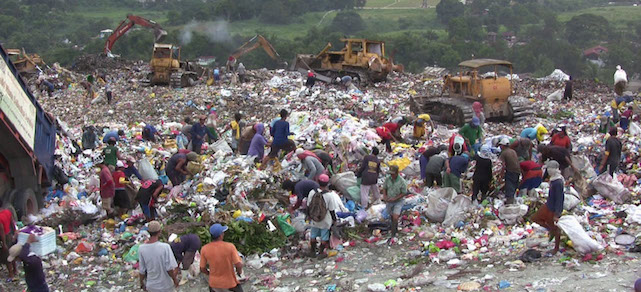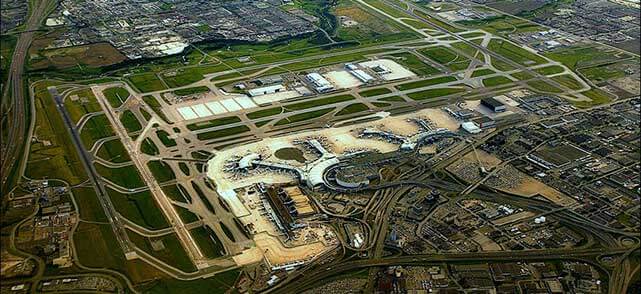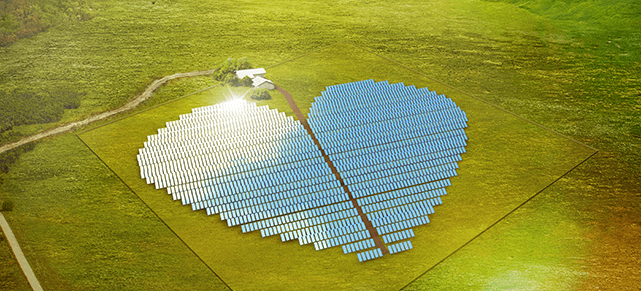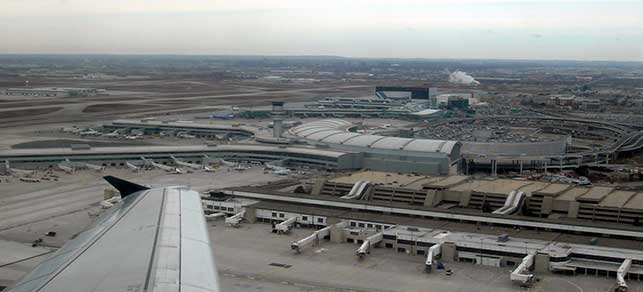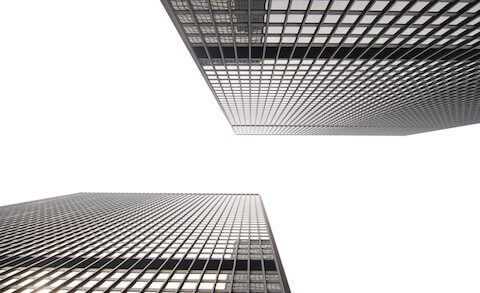Every Jewish family that’s been in North America since before WWII has the scrap business in its genes. A hundred years ago, 25 per cent of New York’s Jews were in scrap. My dad’s first job for the in-law’s family business was racing for the car batteries of dead cars, the most valuable component being the easily removed lead inside. He followed scrap from Toronto to Fort Wayne, Indiana, to Chicago (where I was born) and back.
Reading Adam Minter’s book Junkyard Planet reminded me of the many stories I’ve heard about the business, about the menches and the schlemiels who were part of it. Minter, who is Shanghai columnist for Bloomberg World View, traces how what was a Jewish business has become a Chinese one, as China developed a voracious appetite for scrap that gets melted down and returned to us in the form of new products. As an author and a grandchild of the scrap business, Minter is in an extraordinary position. His knowledge and background gives him entrée into a very secretive world. He understands what he is looking at and as a skilled writer does a great job of sharing what he sees.
It’s a very big business. Minter writes “the global recycling industry turns over as much as $500 billion annually and employs more people than any other industry on the planet except agriculture.” He doesn’t greenwash the industry either:
“If your first priority is the environment, recycling is merely the third-best option in the well-known pyramid that every American schoolchild learns: reduce, reuse, recycle. Alas, most people have very little interest in reducing their consumption or reusing their goods. So recycling, all things considered, is the worst best solution.”
It used to be a terribly polluting industry; the way you would separate the metal in a car from everything else was to burn it out. In the 1960s it was estimated that 5 per cent of America’s pollution was caused by incinerating automobiles. Then they discovered shredding, magnetic separation, and containerization. Then China emerged on the scene. “It’s unbelievable to me,” Minter writes, “when I was a teenager we sometimes charged to take steel scrap, it was worth so little. That was before China, before Asia needed metal.”
Now we export the scrap and the associated pollution to the other side of the world where it is out of sight, but still a horror story. Minter describes a visit to Guiyu in China, where 81.8 per cent of the kids there under the age of six have lead poisoning and where the government has to truck in drinking water. But like much of China, “its culture is entrepreneurial; its customs agents are notoriously corrupt; and there were once lots of poor farmers looking for cash wages to improve their life.”
The last chapter addresses the real issues and problems with recycling and why it is by far the worst of the three Rs. He describes one recent study where participants were given a task that involved cutting up paper (ostensibly to test scissors). Those who had a recycling bin beside their desk used twice as much paper as those who just had a trash bin. In other words, the recycling option actually increased consumption. The study concluded: “We believe that the recycling option is more likely to function as a ‘get out of jail free’ card which may signal to consumers that it is acceptable to consume as long as they recycle the used product.”
Similarly, Minter comments: “I encourage people to think about what it means to recycle, and make smart choices as a consumer before you buy that thing you’ll eventually toss out. Recycling is a morally complicated act.”
Indeed it is. It is the worst of the three Rs, but at the same time it has given new lives to Chinese farmers; a hundred years ago it gave new lives to a generation of Jewish immigrants. They all took what nobody wanted and separated it into its valuable constituents and gave it another life. But the highest value stuff is that which can be reused – the computers that can be refurbished or taken apart, the beer bottles that can be refilled. We generate far too much of the low value stuff, the cardboard, the endless rolls of Christmas tree lights, the disposable cups and bags that go straight to landfill because they are just not worth recycling.
But as Minter says, the worst recycling is still better than the best mining. He makes this and other points clear in a book that is at once nostalgic, shocking, entertaining and informative, all without one bit of greenwash.


